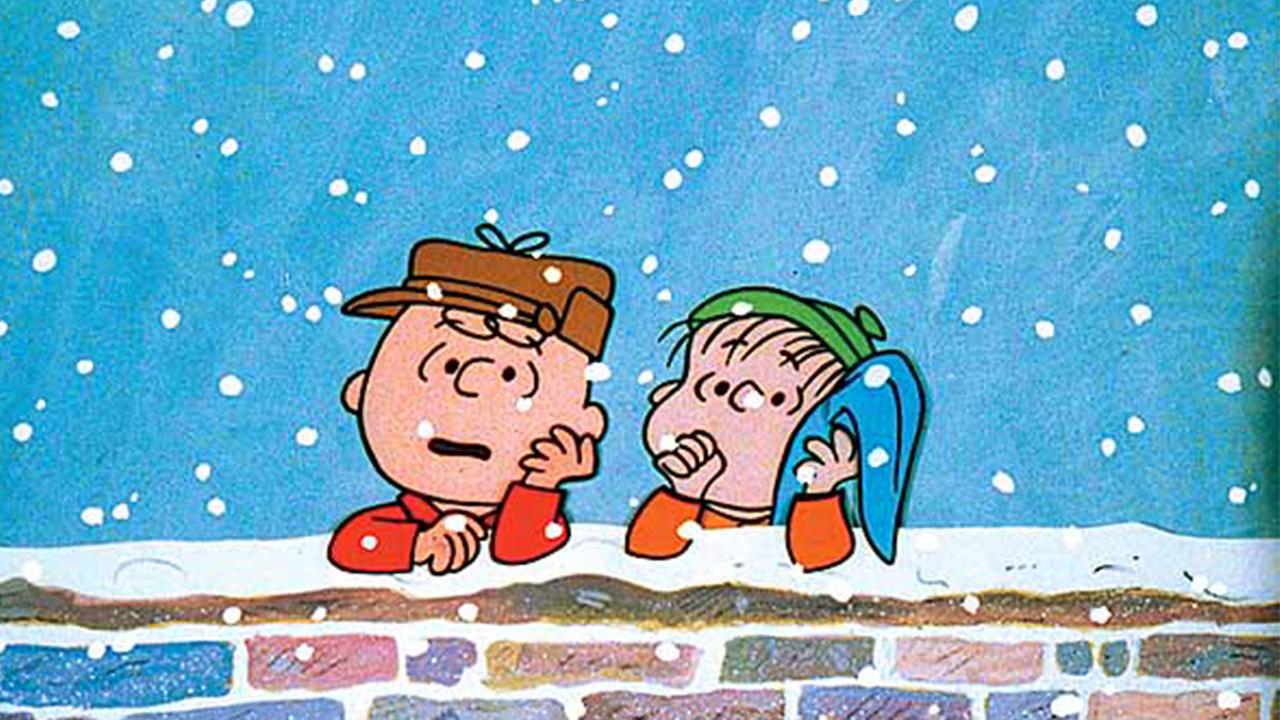
Billy Hayes (Brad Davis, r.) and Max (John Hurt, l.) line up in Midnight Express.
The musical legacy of the Italian musician, producer and composer Giorgio Moroder is often viewed through a prism of postmodern “so bad it’s good” irony. His 1984 reworking of Fritz Lang’s classic science-fiction epic Metropolis, for example, for which he both oversaw production and provided a new score, is described even in a 2012 Quietus review as “one of the best bad films ever made”: “colourful and kitsch”, yet at the same time with “a tooth-achingly awful soundtrack”. Many of the hit singles to which he contributed either as an performer, producer or songwriter – contributions which remain largely unknown – instantly evoke a 1980s aesthetic and sound that is both fondly celebrated and jarringly outdated: “Flashdance…What a Feeling” from the 1983 film of the same name; 1984’s “Together in Electric Dreams” with the Human League’s Philip Oakley; or, to top it off, both Kenny Loggins’s “Danger Zone” and Berlin’s “Take My Breath Away” from arguably the ultimate ’80s film, Top Gun.



